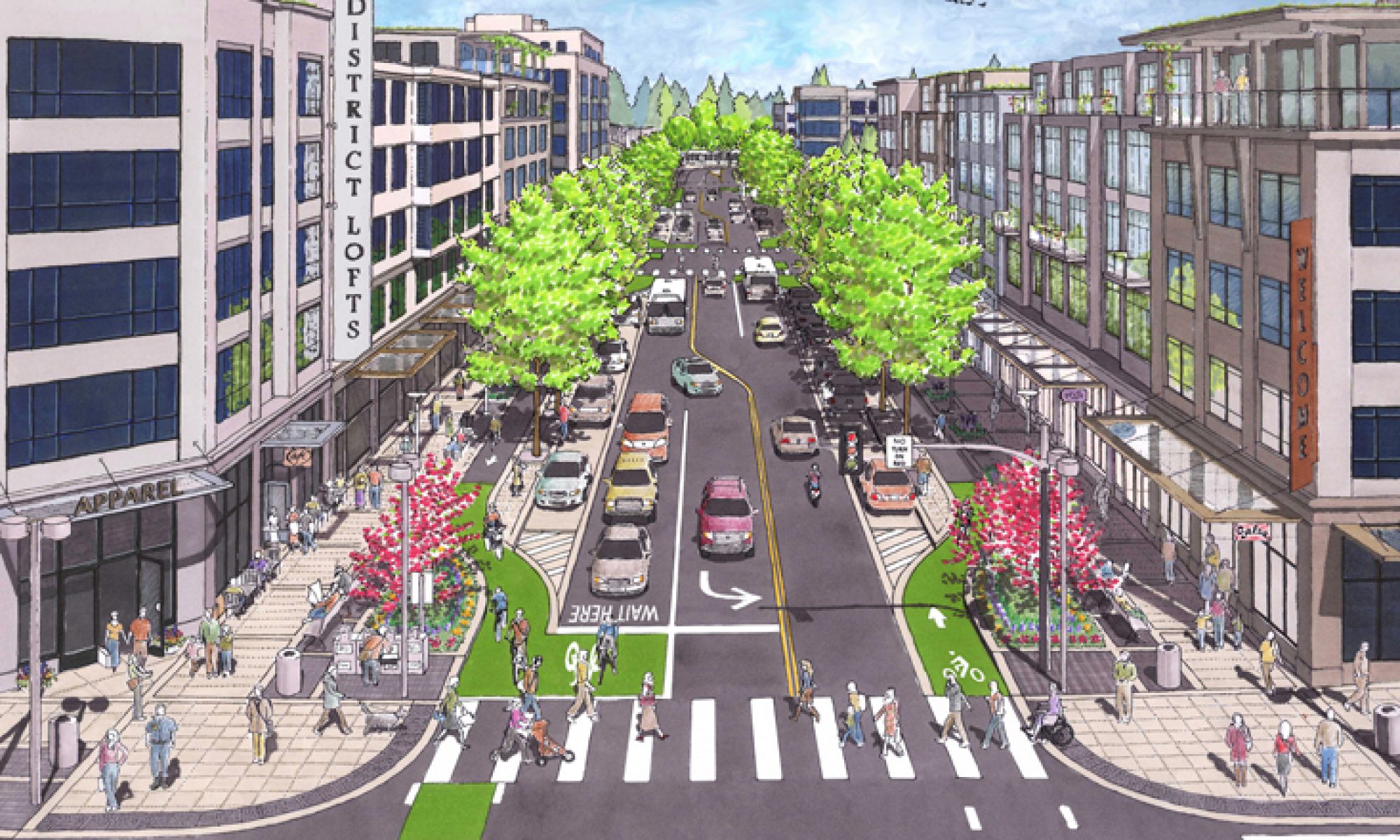We’re drowning in asphalt.
It’s become obvious with the thousands of miles of empty roads and highways during the COVID-19 outbreak. We need to rethink the way we get people around.
The nation is criss-crossed with roads that we can’t maintain. “…highways just don’t make financial sense. And not just in the age of COVID-19, when almost no one is driving if they don’t absolutely have to. It’s true all the time — even when our economy is at its peak.”
This article is about federal dollars and highways, but the story is the same for states, cities, and local roads. We need to rethink about the way people can get around without cars. “Highways get 67 percent of total transportation dollars, and are already deeply subsidized by the federal government (but operating budgets and maintenance are left to the states, which is a little like giving someone a puppy that they can’t afford to feed.)”
 We Could Never Afford America’s Highways — Even Before COVID-19
We Could Never Afford America’s Highways — Even Before COVID-19
We’ve never been able to afford our car-dominated roads. Coronavirus just reveals how bad the situation has always been.

To put it bluntly, in the nearly 70 years since the Federal Highway Act of 1956 gave states a 90-percent discount on a brand new freeway systems of their very own, no state has ever found a reliable way to maintain all that asphalt without extensive federal assistance. We have 50 distinct road-funding structures across 50 states, and no one has found the magic amount to charge for gas taxes, DMV fees and sales taxes to make the math work and subtract from the $786-billion highway maintenance backlog. Highways are always “crumbling.” Car-focused road infrastructure always needs more money. Politicians are eternally showing up at ribbon-cuttings for new highways, then quickly realize that they can’t maintain the roadways they just opened.
Read all about it:
https://usa.streetsblog.org/2020/04/13/we-could-never-afford-americas-highways-even-before-covid-19/




